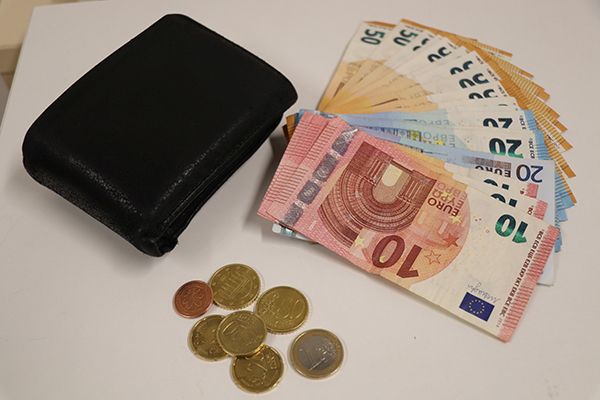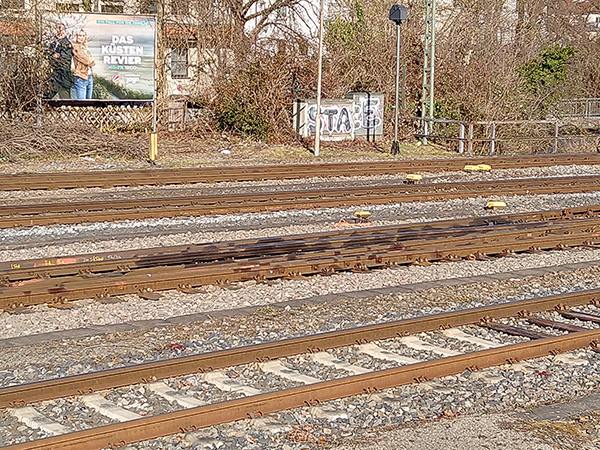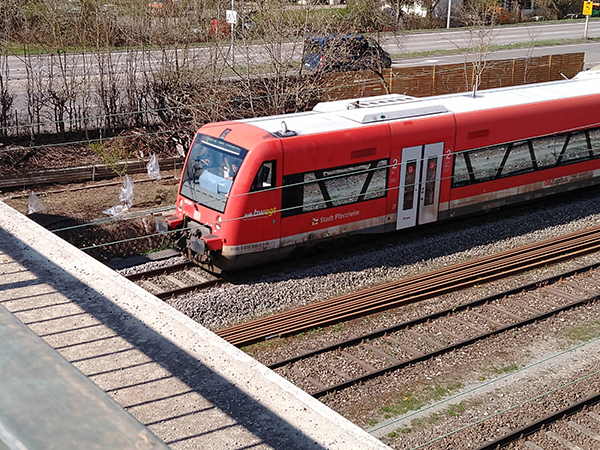It already exists in the Ortenau district in Baden. It is also due to be introduced in the Zollernalb district at the beginning of April: the payment card. Depending on the specific version, asylum seekers and tolerated persons will no longer receive cash from the authorities. However, this does not apply to refugees from Ukraine, as they receive citizen’s benefits. With the new regulation, the federal and state governments want to make it no longer possible to transfer money to the home countries and possibly use it to pay smugglers. Those who fall under the Asylum Seekers’ Benefits Act will then only be able to make cashless payments; cash withdrawals will only be possible to a very limited extent. In the Zollernalb district, for example, they will be limited to 150 euros per person per month. Politicians from the CDU/CSU and FDP in particular want to reduce incentives to come to Germany in the first place.
But do asylum seekers really send a lot of money back to their home country? According to an analysis by “Mediendienst Integration”, there are at least strong doubts about this. “Remittances are not recorded or measured—they are only estimated,” according to a collection of facts from the information service. “The Bundesbank emphasizes: Based on these figures, no statement can be made as to whether refugees transfer parts of their social benefits abroad,” it says on the homepage of Mediendienst Integration.
Of the 6.8 billion euros that the Bundesbank estimates flowed abroad as remittances in 2023, 75% went to other European countries. Turkey was in first place, followed by Romania, Poland and Ukraine. Remittances to Ukraine have risen particularly sharply since the start of the war—by 530% to 451 million euros in 2023.
In contrast, remittances to the traditional countries of origin of asylum fell: according to the Bundesbank, they dropped by an estimated 11% to 830 million euros. These include Syria (minus 12 percent), Iraq (minus 10 percent) and Afghanistan (minus 15 percent). “A large proportion of this is likely to come from refugees who have found a job in Germany and are earning money,” writes Mediendienst Integration. It is unclear whether this also includes people who transfer their social benefits. The figures are subject to many uncertainties: The vast majority of private remittances are estimated by the Bundesbank as part of the balance of payments. It only receives reports on individual money transfers if they amount to more than 12,500 euros. The World Bank estimates that remittances in Germany will fall by around 4 percent in 2023.
Professor Matthias Lücke, a researcher at the Kiel Institute for the World Economy, doubts that remittances come from social funds. “Most of the money is likely to come from migrant workers who earn enough to transfer part of their wages home,” the media service quotes him as saying. “The introduction of a payment card for refugees could backfire. If you make it more difficult for refugees to transfer money abroad through stricter monitoring, they may switch to informal payment networks, such as the Hawallah system, which are only partially legal,” adds the researcher.
More data and information on the methods:
https://mediendienst-integration.de/artikel/die-meisten-rueckueberweisungen-gehen-nach-europa.html
Information on the payment card at tuenews INTERNATIONAL at: tun24021901
tun24032008
Geldscheine und Münzen. Foto: tünews INTERNATIONAL / Mostafa Elyasian.
000987




